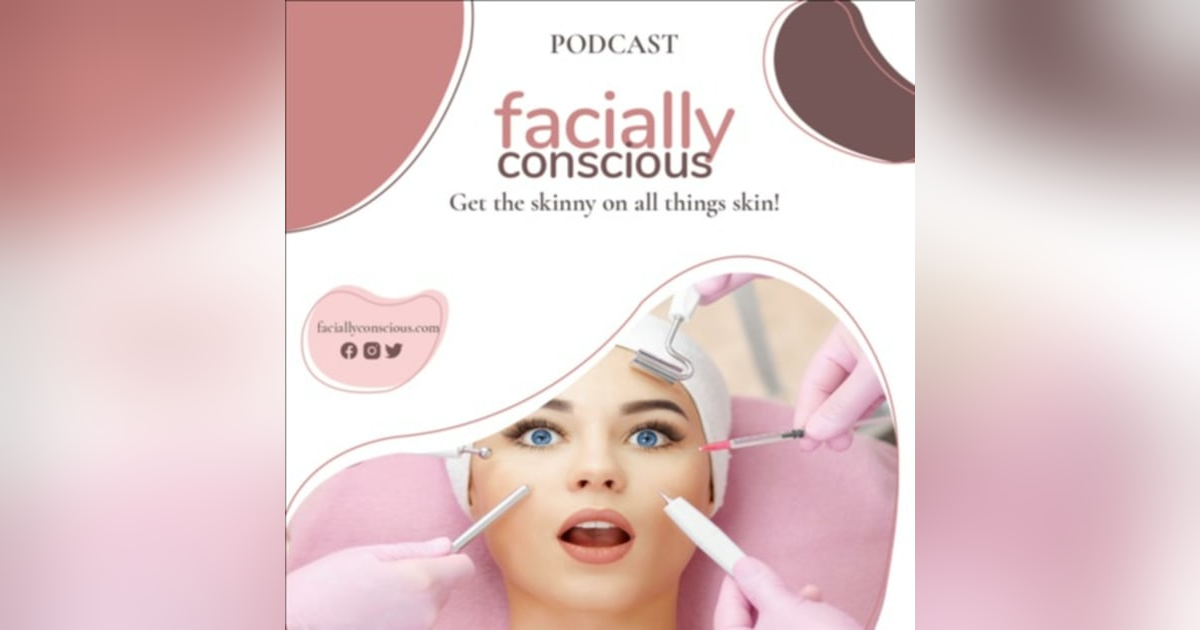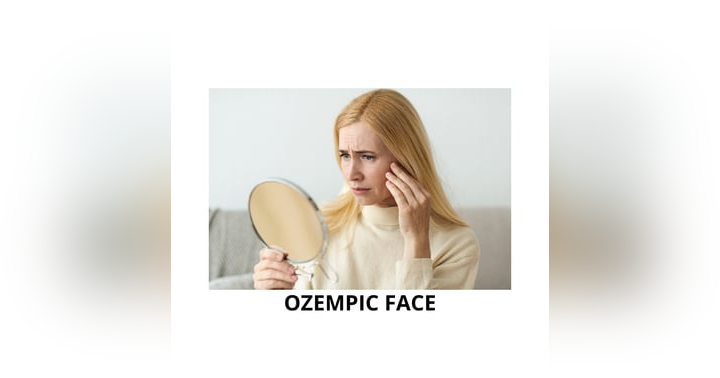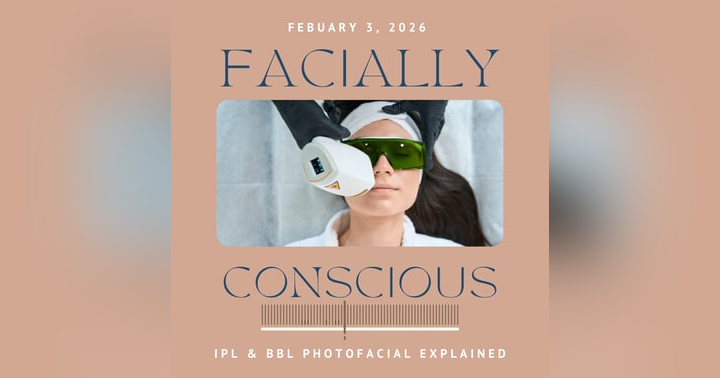Pregnancy Safe Skincare: Navigating the Gray Area with Expert Holly Moore

Pregnancy Safe Skincare: Navigating the Gray Area with Expert Holly Moore
In a recent episode of the Facially Conscious Podcast, Pregnancy Safe Skin Care with Holly Moore, hosts Rebecca Gadberry and Trina Reneá welcomed Holly Moore, a public health expert with a master's degree from Boston University, specializing in cosmetic ingredient safety. The conversation delved into one of the most complex and under-researched areas of skincare: what's truly safe to use during pregnancy and breastfeeding.
The Data Dilemma
The fundamental challenge with pregnancy-safe skincare lies in the ethical complexity of gathering data. As Moore explains, "It's considered unethical to perform clinical trials or even consumer perception tests on pregnant women." This creates a catch-22: we can't test on pregnant women because we don't know the potential impacts, but without testing, we can't determine what's safe.
This lack of concrete data has led to a reliance on what scientists call the "precautionary principle"—treating ingredients as potentially harmful until proven safe, rather than the reverse. Moore argues that, given the stakes involved, this cautious approach is justified in pregnancy.
The Thalidomide Legacy
The conversation highlighted the historical context behind this caution. In the late 1950s and early 1960s, thalidomide was prescribed to pregnant women for morning sickness. While it effectively treated nausea with no apparent side effects for the mothers, it resulted in severe birth defects in their babies.
This tragedy underscores a sobering reality that Moore articulated: "We know more about neighboring planets than we do about what goes on inside a woman's body, especially during a critical window of development like pregnancy."
What We Know (and Don't Know)
The podcast revealed that much of what we understand about ingredient safety during pregnancy comes from oral consumption studies rather than topical application research. For example, retinoids (vitamin A derivatives) have demonstrated adverse impacts on developing fetuses when consumed orally, which is why they're contraindicated during pregnancy.
But what about topical application? The science is less clear. As Moore explains, many ingredients "have been confirmed unsafe when taken orally... As a result, it has been blanketed as a no-go for topical because scientists can't prove that there is no risk."
Ingredients to Approach with Caution
The conversation identified several categories of ingredients pregnant women might want to avoid:
- Retinoids: Including prescription tretinoin and over-the-counter retinol
- Certain Essential Oils: Including basil, camphor, cinnamon, fennel, mugwort, rosemary, sage, thyme, and wintergreen
- PFAS Compounds: Perfluorinated chemicals often found in waterproofing formulas (look for "fluoro" in ingredient names)
- Hydroquinone: Now prescription-only in the US
- Formaldehyde Donors: Including imidazolidinyl urea, diazolidinyl urea, and quaternium 15
- Resorcinol: Used for hyperpigmentation and acne
The hosts and guest also discussed salicylic acid, highlighting the conflicting guidance surrounding this ingredient. While the American College of Obstetrics and Gynecology suggests that up to 2% salicylic acid is safe during pregnancy, European authorities classify it as a potential endocrine disruptor.
Safer Alternatives
For those seeking safer skincare options during pregnancy, the podcast highlighted several ingredients that appear to present lower risks:
- Niacinamide: Effective for both acne and melasma (the "mask of pregnancy")
- Alpha Hydroxy Acids (AHAs): Like glycolic acid (at appropriate percentages)
- Vitamin C: Particularly ester-C formulations that remain in the skin
- Hyaluronic Acid: A large molecule that doesn't penetrate deeply
- Silicones: Which remain on the skin's surface
The Marketing Problem
One concerning trend the experts identified is the increasing use of "pregnancy safe" claims on skincare products without substantial evidence to back them up. As Trina Renea noted, "I actually wouldn't trust, now after having this conversation... something that says pregnancy safe. Because I'm like, 'They're probably lying,' because how do they know that?"
Rebecca Gadberry pointed out that larger companies with the resources to properly research pregnancy safety often avoid the topic entirely due to liability concerns. At the same time, smaller brands making these claims may lack the scientific backing to substantiate them.
Looking Forward
The future of pregnancy-safe skincare may lie in computational modeling and artificial intelligence. As Moore suggested, predictive modeling could help answer the crucial question: "Is there potential for this topical ingredient to breach the placental wall?"
Until then, the experts recommend a cautious approach based on what we do know:
- Consider your personal risk tolerance
- Be especially careful during the first and second trimesters
- Pay attention to ingredient percentages and application area (face vs. body)
- Trust your body's signals, including changes in smell and taste sensitivity
- Consult with qualified healthcare providers
The Bottom Line
As Holly Moore summarized, pregnancy skincare remains "one of my favorite conundrums" – a complex intersection of science, ethics, and personal choice. While we await better data and more precise guidelines, the safest approach may be to simplify routines and focus on ingredients with established safety profiles.
This conversation offers valuable insights into making informed skincare choices during pregnancy for those navigating it or supporting clients who are. Listen to the full episode on the Facially Conscious Podcast for more detailed information and expert perspectives.
To read more from Trina Reneá, join her on Substack








